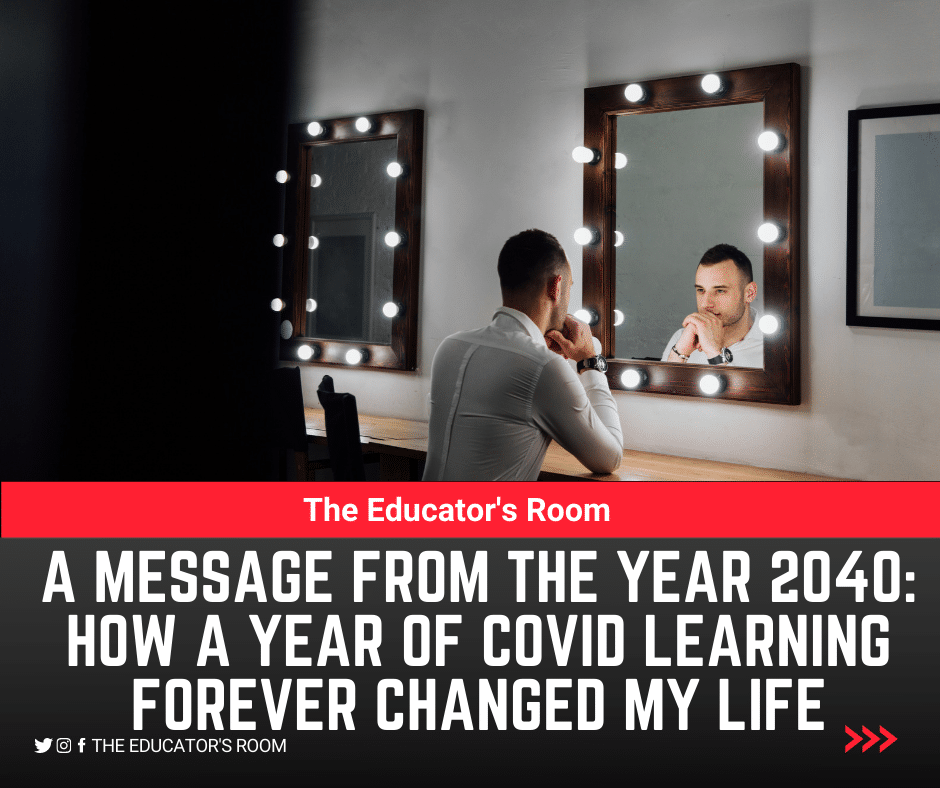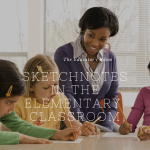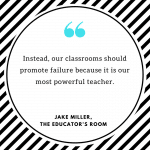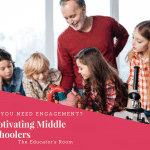Twenty years ago, I spent my senior year of high school at home.
Tens of millions of students shared this situation, and for good reason—a global pandemic raged across the globe for fifteen months, ultimately killing over two million human beings.
I remember the recovery wasn’t at all what my classmates and I had hoped it would be. Those of us who were aficionados of the news had high hopes that the vaccines would save us. And while the history books record that they did—and in record time, no less—those of us who lived through it remember that the early days of distribution were plagued with bureaucratic chaos.
Each state developed its own method of distribution. Some were efficient and fair, but most were not. A ton of citizens kept forgetting to go back and get the booster (second shot) which created a lot of logistical problems going forward. The states that used the Pfizer vaccine requiring ultra-cold storage, -94° Fahrenheit to be exact, had millions of batches go bad because of insufficient refrigeration and colossal shortages of dry ice.
Americans, broadly distrustful of the vaccines for a variety of reasons, didn’t rush out to immunize themselves or their family members, which prolonged the crisis longer than it needed to be. Slowly but surely, as multiple therapeutics helped drastically bring down the death rates and multiple vaccines gained approval, by the late autumn of 2021 most American school children were finally able to attend in-person class.
By then, I was already riding an altered trajectory, a trajectory I am not sure I ever really corrected.
When the virus hit, I was a junior in high school with big dreams for my senior year. I had a near-perfect GPA, I was ready to be an all-area basketball player, and was poised to become the best debater in my region. I planned on having my pick of colleges as well as partaking in all the pageantry of a traditional senior year—dances, home games, and watching my friends run the school paper, the yearbook, and every other significant student activity on campus.
I wish I could tell you the only effect of the COVID crisis stemmed from the fact that there was no basketball season and no debate tournaments and thus fewer trophies and public accolades. I wish I could tell you it only changed where I attended college since my father lost his business and could no longer afford to send me away.
All of these changes were external, temporary, and in the great scheme of things, insignificant.
The real change—the metamorphosis of the soul, if you will—was wholly internal.
You see, the eighteen months I spent away from school was more than just a pause or change of pedagogic scenery. It became a gap in my development, a menacing and unbridgeable chasm separating the old me from the new me.
Let me explain.
The new me found it difficult to be motivated on Zoom classes every day. The new me didn’t much care what my senior year teachers thought of me as it was virtually impossible to form any type of opinion or cultivate any meaningful relationship through a distance-learning format. The new me found it difficult to ever focus on my classes and I quickly succumbed to the temptation to turn off my computer camera and engage in endless digital distraction as classes were conducted. Like most of my classmates, I spent most of the classes on my phone texting my friends or watching a show on Netflix.
I missed important deadlines for the first time in my academic life.
Weeks and months began to merge together. The classes were either ridiculously easy (because the teachers were trying to be compassionate) or were ridiculously hard (because they refused to accept that the teaching ecosystem had drastically changed).
Most of the teachers tried their best, but we could tell how frustrated they were, how they all felt like first-year teachers again, how they could never quite figure out how to teach without the humanity of in-person instruction.
It wasn’t just me or my classes.
My family stopped having family dinners as my younger siblings, twins in junior high, got angrier and angrier as the months wore on, and for no apparent reason. They would invariably pick fights with each other or with me. My mother broke down crying one night and screamed, “I give up! Eat in your rooms from now on. I don’t give a damn anymore.”
They spent increasing batches of time on video games and TikTok videos. I wasn’t there, but serious punches were thrown a number of times between them.
My father became silent as he slowly struggled to provide for his family for the first time in his life.
When the pandemic finally ended, I found it utterly impossible to recalibrate my biorhythms to pre-pandemic life. My family felt damaged and, frankly, a bit fragmented and traumatized. This feeling lasted for years. I lost all interest in basketball and debate. When I finally started college, it was virtually impossible for me to concentrate in my classes for any extended period of time. I found myself uninterested in going out, in going through the motions of a conventional day, in partaking in the friendly revelry of the relationships I had before COVID changed my life.
I was listless, hollow, and suddenly barren of ambition.
Nothing pulsed with possibilities. What was meaningful before now seemed incidental or even pointless. I kept expecting more bad news, looking over my shoulder for local disasters or global apocalypses. My parents moved out of their home, my dad went to work for someone else, and my younger siblings eventually enjoyed a traditional high school experience.
Over time, the dormancy abated. I found new interests. New friends. New pursuits. And while I have a lucky life in 2040, I am pretty sure I know how I will describe my year of COVID learning to my children when they are old enough to understand: tragic.
For in a parallel universe where there was no Wuhan outbreak, no pandemic, to quarantines and endless social distancing, I get the nagging suspicion there is a version of myself who is quite different. Not better. Not worse. But different in a fundamental way—this altered version doesn’t endlessly imagine another version of himself. He is not haunted.
He does not wander around forever asking the same question millions of my generation will forever ask themselves, every minute of every day: what if?






